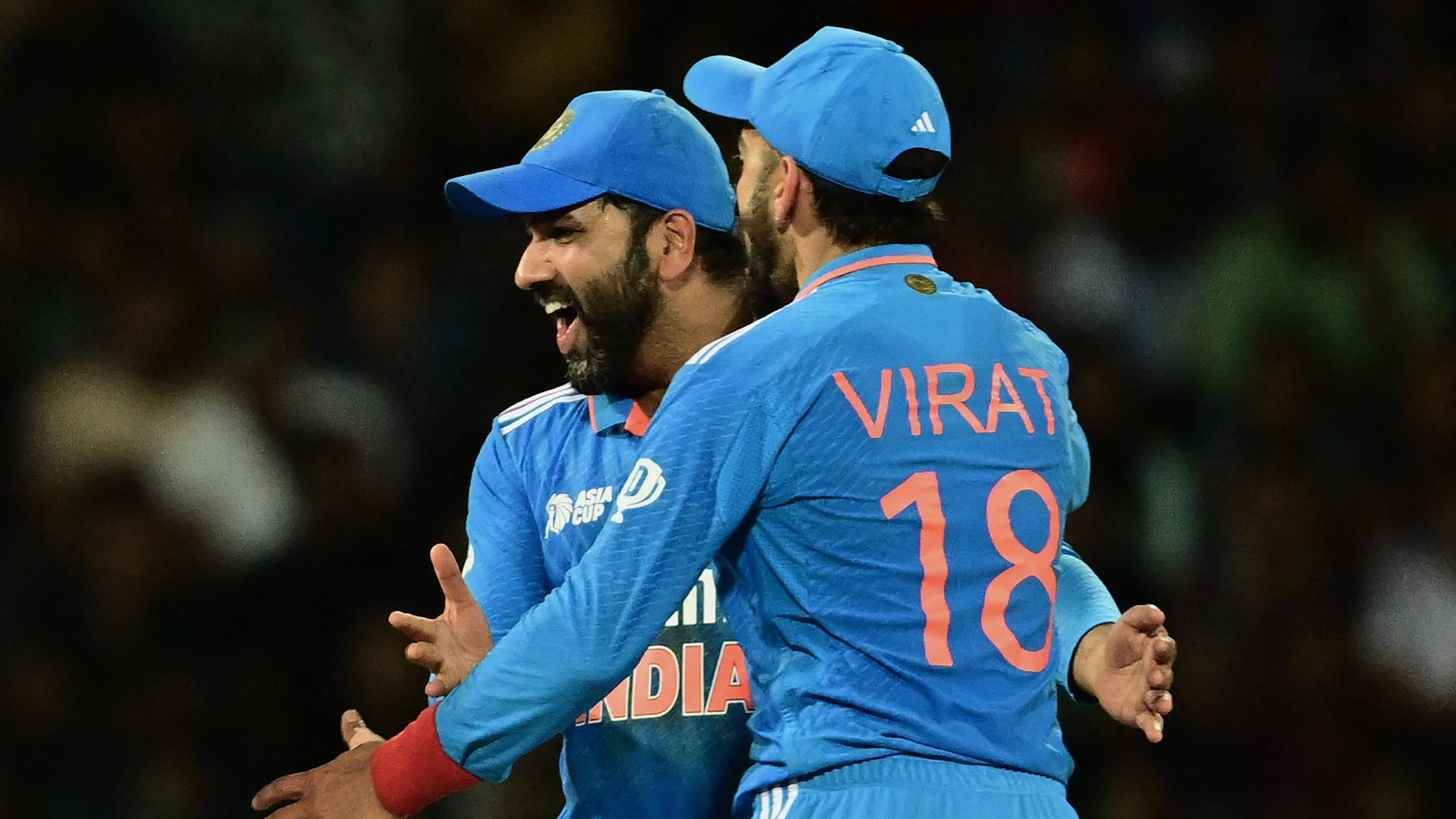Indian cricket captain Rohit Sharma tried to hold back tears as he went off the field on Sunday, and millions of people did too.
Australia had just won the Cricket World Cup, ending India’s long and painful wait for victory since 2011.
This was probably his best chance to win the coveted trophy. The next event will be in 2027, when he will be 40 years old.
Rohit might be able to play in the next World Cup and give it another shot. If you lose at home, though, the pain is likely to last for a long time.
In 2011, India won the title in front of a happy crowd in Mumbai. Rohit was not on the team. He has made it clear that he is upset about being left out at the time.
Not only would it have been perfect justice if he had won on Sunday, but he was also playing in his home World Cup and was in charge of his team. But it wasn’t meant to be.
It’s not enough to just talk about the final to get the whole story of Rohit Sharma’s World Cup. If you look more closely, you’ll see a player who was sure he could play fearless and selfless cricket in the event.
As the first player, he was supposed to get his team off to a great start and make it hard for the other team to attack.
He did that without any trouble. He got off to a fast start, even in the final. It was getting 10 runs per over for India at one point.
Some past Indian cricketers have said that Rohit should not have lost his wicket in the finals because he made a hasty shot. They say it was the most important moment in the match. That may have been true, but Rohit had already done what he had done so many times before: he had set the stage for other players to build on. But after he left, Australia’s strong and well-planned bowling attack made it easy for the other hitters to get out.
Let’s go back a little
Pakistan set a goal of 191 for India to beat in the group rounds. It looked like a bad score, but Pakistan’s bowlers, such as Shaheen Afridi, Haris Rauf, and Hasan Ali, were very dangerous.
When Pakistan and India play each other, it’s a great sports event, but the players are also under a lot of pressure.
Pakistan’s chances of winning the game were pretty much over when Rohit took the lead and made 86 runs off of 63 balls.
Over 40 runs were scored seven times by him in the event, and three of those scores were turned into fifty. Some might say that he failed to turn these fast starts into big scores.
That, however, would be too simple. He told the press several times that each player on the team had a clear job to do, and his was to be the destroyer.
India didn’t lose a game until the finals, and a big part of their success was Rohit’s fast starts, which gave players like Virat Kohli, Shubman Gill, KL Rahul, and Shreyas Iyer time and speed to take games to the end and score big scores.
When Rohit got to the 40s, he could have easily slowed down to get bigger scores, but that wasn’t his job. He was told to play at the right speed for the conditions, no matter what his own score was.
He was also able to play easily because India’s batting order was so strong. He was sure that the hitters who came after him would be able to put pressure on the other team.
As impressive as Rohit the batter has been in this event, his leadership is just as impressive.
His smart ways as a leader came from the way he played as a batter. The people on his team and the people who worked with them, like head coach Rahul Dravid, respected and trusted him.
He changed bowlers and put fielders in the right places at the right time. He put Mohammed Siraj back into the attack when Pakistan was scoring quickly.
In the last game against Afghanistan, Siraj let 76 runs score without taking a wicket. A good captain knows a lot about the team’s plan, but a great leader knows even more about his players.
Babar Azam and Muhammad Rizwan had put together an 81-run stand and looked like they could win the game until Siraj broke their friendship.
India wasn’t doing well, but Rohit stood by his guys the whole time. He agreed with Dravid’s plan to trust the process and not let the outcome affect the team.
But wins in sports don’t happen by themselves.
With an eye on the World Cup, the coach and leader worked hard behind the scenes for almost two years. India went into the final without losing a game because they planned carefully and patiently.
When players like Iyer, KL Rahul, and Suryakumar Yadav weren’t doing well, Rohit backed them up. In the World Cup, they paid back their captain’s faith by winning games.
He, his team, and Indian cricket fans would be hurt for a long time by the loss in the final. But that doesn’t take away from what the captain has done.
There was no one more deserving than him in that event, and he might still be able to make India’s World Cup team four years from now.
It might sound hard, but in sports, glory is all about making dreams that seem impossible come true.
Ruhi will heal, rebuild, and get better because he doesn’t know any other way. But for now, he still can’t seem to get his hands on the World Cup title.


















